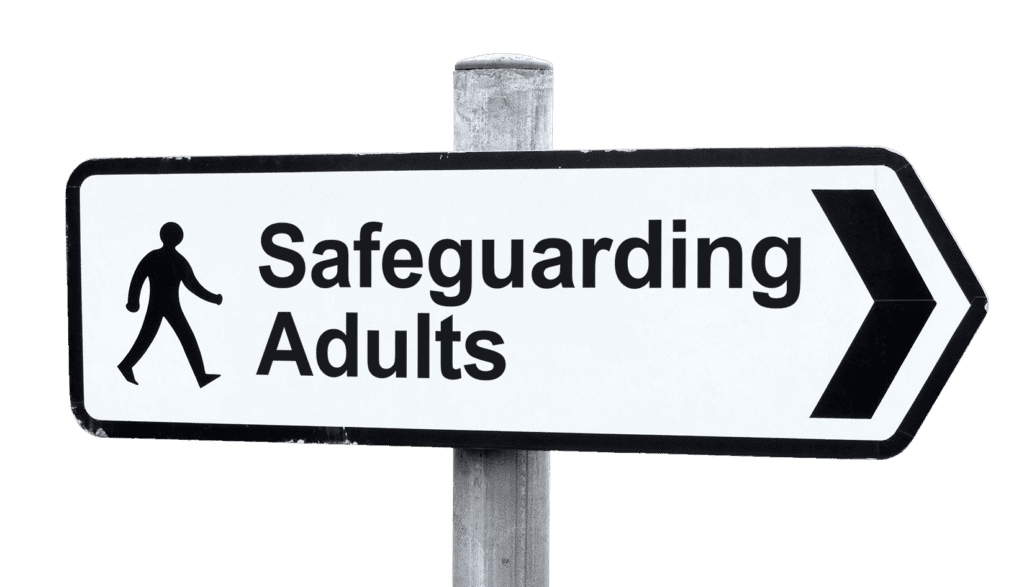Adult safeguarding is the process of protecting adults who may be at risk of abuse or neglect. Abuse can take many different forms, including physical, emotional, financial, sexual, and psychological abuse, and it is essential to take steps to protect those who may be vulnerable. This guide will outline how adult safeguarding works in the UK, what actions to take if you are worried someone is being abused, and the different organizations involved in safeguarding adults.
What is adult safeguarding?
Adult safeguarding is the process of protecting adults who are at risk of abuse or neglect. It is a legal duty of local authorities and other organizations to ensure that vulnerable adults are protected from harm. Adults who may be at risk include those who are elderly, have a disability, have mental health issues, or are receiving care and support services. Abuse can occur in a range of settings, including the home, care homes, hospitals, and in the community.
The principles of adult safeguarding are based on promoting the individual’s right to live a life that is free from harm, abuse, and neglect. The process of safeguarding involves identifying individuals who may be at risk, taking action to prevent or stop abuse, and providing support to those who have been abused.
Identifying abuse
Identifying abuse can be difficult, as it may not always be visible. Signs of abuse may include unexplained injuries, changes in behaviour or personality, withdrawal from social activities, financial exploitation, or self-neglect. It is essential to be alert to any changes in behaviour or signs that something may be wrong.
What to do if you are worried someone is being abused
If you are concerned that someone is being abused, it is essential to take action. You should report your concerns to the local authority, who have a duty to investigate and take action if necessary. You can also contact the police if you think a crime has been committed.
The following steps should be taken if you are worried someone is being abused:
- Make a note of your concerns – write down any observations you have made, including dates, times, and specific incidents.
- Talk to the person you are concerned about – if it is safe to do so, speak to the person you are worried about and ask if they are okay. Be supportive and non-judgmental. Encourage them to seek help if they need it, and let them know that they are not alone.
- Report your concerns – contact the local authority or the police and report your concerns. They will take the appropriate action to investigate and protect the person if necessary.
- Follow up – check in with the person you are worried about and make sure they are safe and getting the support they need.
The role of the local authority in safeguarding adults
Local authorities have a statutory duty to safeguard adults who are at risk of abuse or neglect. They have a responsibility to investigate any allegations of abuse and take action to protect the individual if necessary. Local authorities also have a duty to promote the individual’s wellbeing and ensure that they receive the support they need.
The local authority has a range of powers that they can use to protect vulnerable adults, including:
- Section 42 Enquiries – local authorities have a duty to make enquiries if they suspect that an adult is at risk of abuse or neglect. They will carry out an assessment and take appropriate action to protect the individual.
- Court of Protection Orders – local authorities can apply to the Court of Protection if they believe that an adult is at risk of immediate harm and they lack the capacity to make decisions in the safeguarding process. This allows them to remove the individual from the situation if appropriate to provide them with immediate protection.
If you believe that someone you know is being abused you should always report your concerns to the adult safeguarding team at the local authority. Every local authority will have their contact details available on their website, and many accept referrals via phone, email and text to enable you to report in the way that’s most accessible to you.





0 Comments